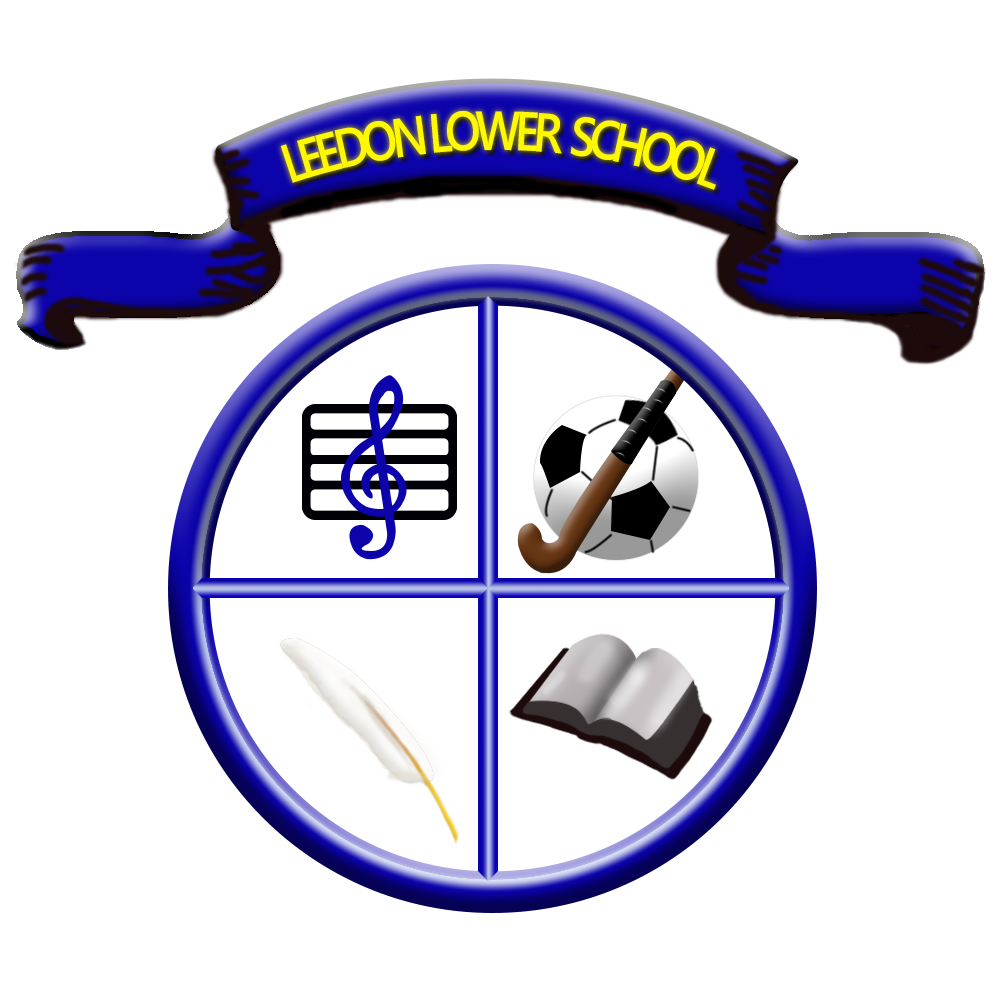Maths
Maths at Leedon
Our aim for maths teaching at Leedon is for all pupils to gain enjoyment and the feeling that they can achieve success in the subject. We use White Rose Maths to ensure that we have a curriculum supported by leading maths experts where activities are carefully picked, providing visual supports, problems represented in a variety of formats to support all learners, intelligent practice to develop procedural fluency and conceptual understanding and which emphasise the importance of developing deep learning that can be sustained into the future. All learners have access to concrete resources to support them in their learning in the classroom as well as to online resources such as Arithmagicians which can be used at home.
Intent
Our aim at Leedon is for children to achieve success in the three main aims of the National Curriculum: fluency, reasoning and problem solving. We believe that everyone can do maths and encourage the idea that by working hard all children can achieve success in maths. We use a mastery approach, the aim of which, as outlined by the National Centre for Excellence in Mathematics, is for children of all ages to develop a deep, long-lasting, secure, and adaptable understanding of the subject.
Implementation
The backbone of maths delivery at Leedon is White Rose Maths which provides the structure and resources for us to meet the requirements of the National Curriculum. Regular dialogue between teachers in staff meetings, lesson observations and in weekly PPA sessions ensures a uniform approach through the school in maths provision and in delivery of the White Rose model.
Here are some of the main features of maths at Leedon;
Classes are taught through whole class interactive teaching, where the focus is on all children working on the same lesson content at the same time. This ensures that all pupils can master concepts before moving to the next part of the curriculum sequence, allowing no pupil to be left behind.
Concepts are broken down into small steps that gradually unfold the concept. This allows all children to access the lesson content and leads to generalisations of the concept and the ability to apply the concept to a range of contexts.
Children use concrete resources and are presented with a variety of pictorial representations to support their conceptual understanding. The variety of representations of concepts and the connections made between different mathematical structures help children to develop a relational understanding of mathematical concepts.
Class discussions look at different ways to solve problems and children are asked to explain their answers and to provide proof to convince their peers and teachers. Through these discussions the children have opportunity to develop their mathematical thinking and reasoning skills.
Teachers, through focussed questioning and discussions, make informed assessments, picking up misconceptions which are addressed during lessons or same day interventions. The quick detection and discussion of misconceptions, as well as same day interventions ensure children are ready to move onto the next lesson with confidence.
Children have access to online resources, such as Arithmagicians. Children have the ability to work on maths at home and to develop quick recall of multiplication facts.
Impact
- Through targeted staff CPD, we support teachers to ensure children’s knowledge, skills and understanding are assessed daily through the use of questioning, discussions and marking. Misconceptions are picked up quickly and addressed so that children are ready to move on in the next lesson. Also, children who are achieving high levels of mastery are encouraged through challenges and reformulations of problems to ensure that they are pushing their learning on and challenging themselves to achieve their best work.
- We aim to increase the proportion of children achieving ARE/ARE+ across the school and secure the teaching of fluency to close the gaps for all children. We ensure our maths curriculum, from EYFS to Y4, is inclusive and that children catch up and keep up through quality first teaching and targeted interventions.
Our Maths Learning Keys (Medium Term Plans) can be found by clicking the link below:
